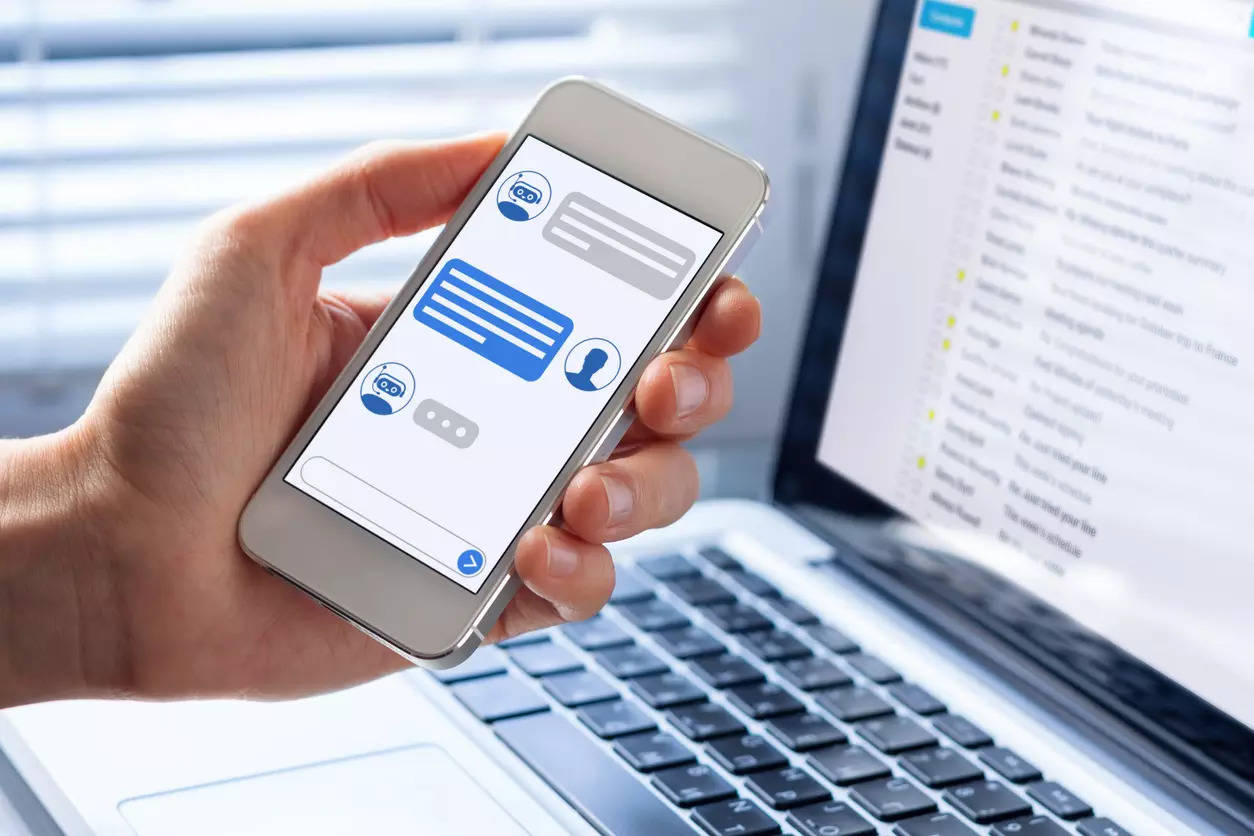
Sydney Sydney: More people are turning to generative synthetic intelligence (AI) to assist them in their every day {and professional} lives. ChatGPT is among the most effectively-recognized and extensively obtainable generative AI instruments. It provides tailor-made, believable solutions to any query without cost.
There’s a lot potential for generative AI instruments to assist people be taught about their well being. But the solutions are usually not all the time appropriate. Relying solely on ChatGPT for well being recommendation can be risky and trigger pointless concern.
Generative AI continues to be a comparatively new know-how, and is continually altering. Our new examine gives the primary Australian knowledge about who’s utilizing ChatGPT to answer well being questions, for what functions.
The outcomes can assist inform people the way to use this new know-how for their well being, and the brand new expertise wanted to make use of it safely – in different phrases, to construct “AI well being literacy”.
Who makes use of ChatGPT for well being? What do they ask?
In June 2024 we requested a nationally consultant pattern of greater than 2,000 Australians if they’d used ChatGPT to answer well being questions.
One in ten (9.9per cent) had requested ChatGPT a well being query within the first half of 2024.
On common they reported that they “considerably” trusted ChatGPT (3.1 out of 5).
We additionally discovered the proportion of people utilizing ChatGPT for well being was greater for people who had low well being literacy, had been born in a non-English talking nation, or spoke one other language at residence.
This implies ChatGPT could be supporting people who discover it onerous to have interaction with conventional types of well being data in Australia.
The commonest questions that people requested ChatGPT associated to:
studying about a well being situation (48per cent)
discovering out what signs imply (37per cent)
asking about actions (36per cent)
or understanding medical phrases (35per cent).
More than half (61per cent) had requested not less than one query that will often require medical recommendation. We labeled these questions as “riskier”. Asking ChatGPT what your signs imply can offer you a tough concept, however can not substitute medical recommendation.
Individuals who had been born in a non-English talking nation or who spoke one other language at residence had been extra more likely to ask these kind of questions.
Why does this matter?
The variety of people utilizing generative AI for well being data is more likely to develop. In our examine, 39per cent of people who had not but used ChatGPT for well being would contemplate doing so within the subsequent six months.
The general variety of people utilizing generative AI instruments for well being data is even greater if we contemplate different instruments resembling Google Gemini, Microsoft Copilot, and Meta AI.
Notably, in our examine we noticed that people from culturally and linguistically numerous communities could be extra probably to make use of ChatGPT for well being data.
In the event that they had been asking ChatGPT to translate well being data, this provides one other layer of complexity. Generative AI instruments are usually much less correct in different languages.
We’d like funding in providers (whether or not human or machine) to make sure talking one other language isn’t a barrier to top quality well being data.
What does ‘AI well being literacy’ seem like?
Generative AI is right here to remain, presenting each alternatives and dangers to people who use it for well being data.
On the one hand, this know-how appeals to people who already face important limitations accessing well being care and well being data. One in every of its key advantages is its capability to immediately present well being data that’s straightforward to grasp.
A latest assessment of research confirmed generative AI instruments are more and more able to answering common well being questions utilizing plain language, though they had been much less correct for complicated well being matters.
This has clear advantages as most well being data is written at a stage that’s too complicated for the final inhabitants, together with throughout the pandemic.
However, people are turning to common-objective AI instruments for well being recommendation. That is riskier for questions that require medical judgment and a broader understanding of the affected person.
There have already been case research exhibiting the hazards of utilizing common objective AI instruments to determine whether or not to go to hospital or not.
The place else can you go for this data?
We have to assist people think twice about the sorts of questions they’re asking AI instruments, and join them with applicable providers that can answer these riskier questions.
Organisations resembling HealthDirect present a nationwide free helpline the place you can communicate with a registered nurse about whether or not to go to hospital or see a health care provider. HealthDirect additionally gives a web-based SymptomChecker instrument that can assist you determine your subsequent steps.
Whereas many Australian well being businesses are creating AI insurance policies, most are centered on how well being providers and workers interact with this know-how.
We urgently must equip our group with AI well being literacy expertise. This want will develop as extra people use AI instruments for well being, and it’ll additionally change because the AI instruments evolve. (The Dialog) NSA NSA
Source link
#people #generative #questions #well being #wrong #answer #risky #HealthWorld





